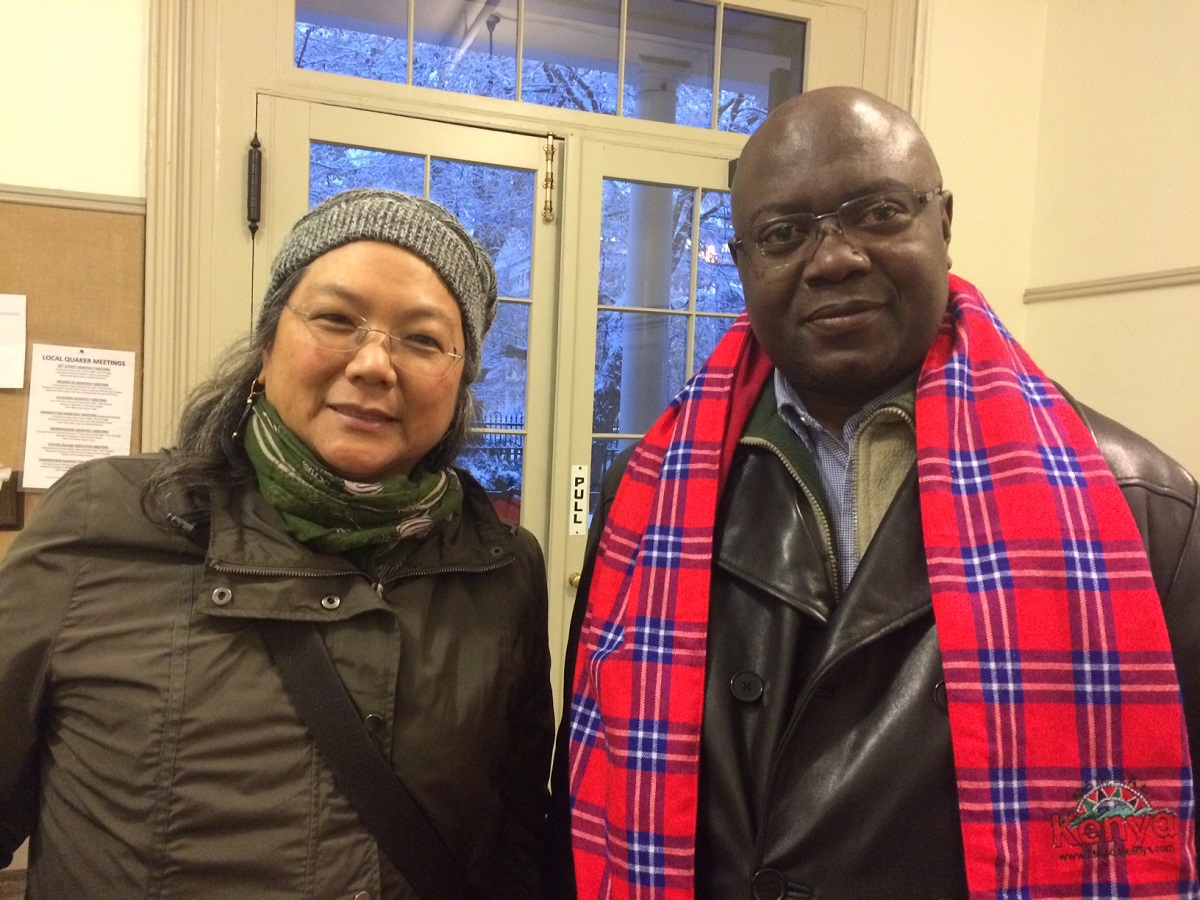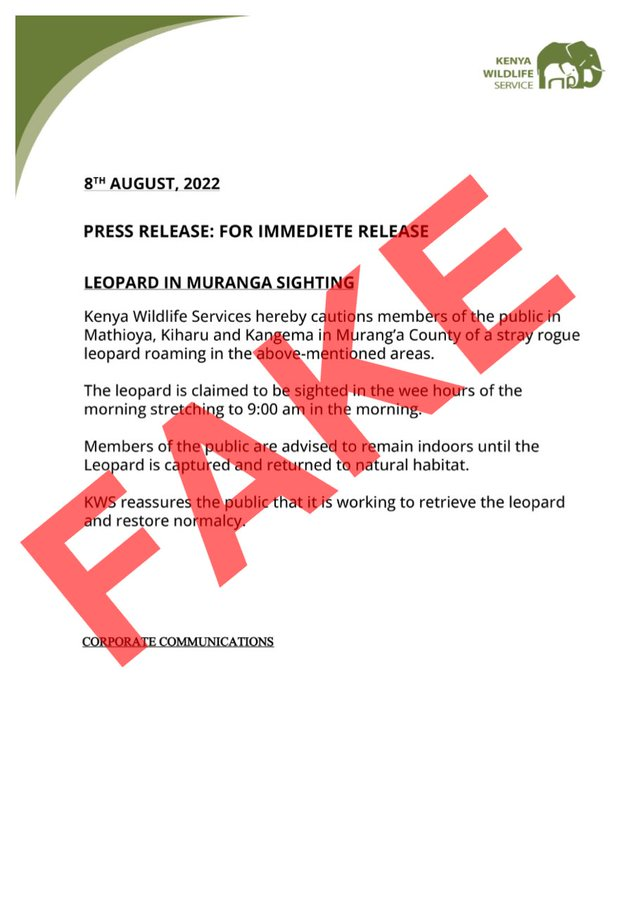Americans and the international community have been called upon to support conservation efforts in Africa to address escalating global insecurity. Besides wildlife protection being a security issue, Mr Paul Udoto, the Kenya Wildlife Service Corporate Communications Manager said, poaching and illegal wildlife trade had become a multi-million-dollar criminal enterprise with links to other trans-national crimes including human trafficking, proliferation of illegal small arms, drugs and money laundering.
He was speaking during the East African Wildlife Society (EAWS) event dubbed “From Bees to Beasts’’ at the Yearly Meeting of Friends in New York City.
Mr Udoto is based at the Arizona State University’s Cronkite School of Journalism and Mass Communication as a Hubert H. Humphrey Fellow, a US State Department global visitor exchange professional development programme administered by the Institute of International Education (IIE).
Mr Udoto said more robust international partnerships and cooperation should be prioritised to sustain Africa’s development and guarantee global security. He called on Americans to lobby their government to adopt policies that genuinely support conservation efforts, and visit Kenya’s national parks. They should also support civil society groups like East Africa Wildlife Society, whose advocacy work has played a major role in policy development and implementation, he added.
SEE ALSO: An antelope gives birth in Kenya – and it’s such a big deal
He noted that Americans had rallied to the defense of the bald eagle and the American bison just as Kenyans had protected lions as their national symbol and elephants as a flagship species.
“Both nations have played their steward-caretaker responsibilities as humanity with distinction. American agencies had been instrumental in supporting governance and environmental conservation in Kenya for many years, including the recent establishment of East and Central Africa’s forensic and genetic laboratory, which is a great boost to the global fight against illegal wildlife trade.”
He said Kenya, like other countries in Africa, faced challenges of striking a balance and sustainable development in the face of challenges such as fast population growth, adverse effects of climate change, poaching, loss of wildlife habitats, and land use changes.
SEE: Kenya becomes a strong attraction for conference tourism
He pointed out that conservation of nature in many countries in Africa contributes significantly to sustainable rural community livelihoods, access to water and pasture, sources of water for people, livestock and wildlife. Therefore, he added, Kenya’s wildlife conservation has a multiplier effect on other sectors particularly tourism, employment, electric power generation, fishing, agriculture and mining.
Other key speakers at the special event hosted by the Quaker Arts Committee 15th Street Monthly Meeting to mark the EAWS 60th anniversary included Dr Daniel Rubenstein of the Princeton University and lawyer Joan Sikand, who read remarks by the EAWS executive director Julius Kamau.
Mrs Sikand said East Africa hosts the last wildlife stronghold and the global economy has played a major role in driving this glorious biodiversity towards extinction.
“Is there yet time and opportunity to avoid this fatal and irreversible trend? Can America share its bitter experience of environmental degradation, and also reclamation?” she asked.
Dr Rubenstein, who is affiliated to the Nanyuki-based Mpala Research Centre presented a talk on: “A Connected World: A Bane or a Boon for Conservation and Development in Africa” in which he blamed sedentarization for harming the environment by reducing rangeland as well as livestock and wildlife productivity.
“Overall, such sedentarization has not been good for the people, the land, their wellbeing or the wildlife that share the land with livestock,” he said, adding that while lifestyle diversification has increased, the human footprint has grown heavier.













Leave a comment